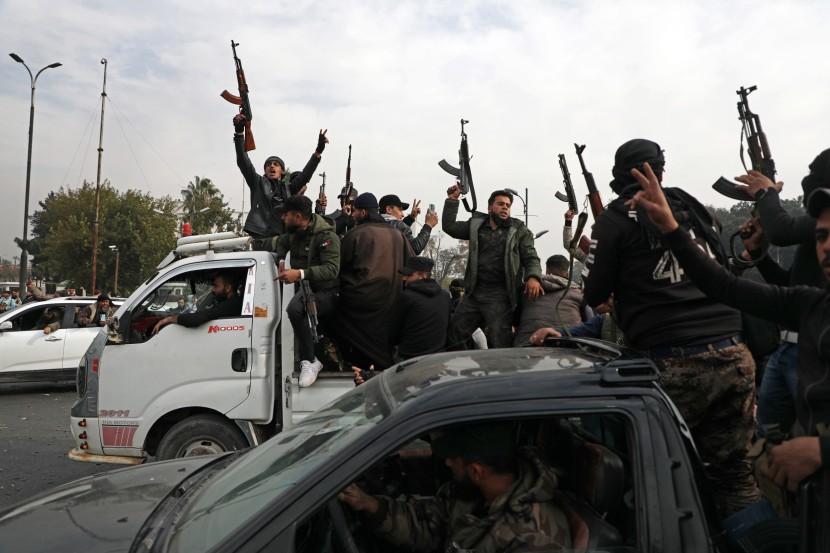
Syrian President Bashar al-Assad's long reign has ended as rebel forces captured the capital, Damascus, early Sunday. In a televised statement, the Islamist rebels declared the city "liberated," forcing Assad to flee.
Assad's ouster brings an end to his family's over 50 years of autocratic rule in a nation of 23 million. When protests against his rule broke out in March 2011, Assad resorted to the brutal tactics once employed by his father to suppress dissent. As the uprising spiraled into a full-scale civil war, he relied on his military to bombard opposition-held cities, backed by steadfast support from Iran and Russia.
Russia's foreign ministry said in a statement that Assad "decided to leave the presidential post and left the country, giving instructions to transfer power peacefully," adding that "Russia did not participate in these negotiations."
"The Russian Federation is in contact with all groups of the Syrian opposition," it said.
Israeli Defence Minister Israel Katz welcomed the fall of al-Assad's regime.
"The arms of the octopus are being severed one by one," Katz said. Instructions have been passed to the Israeli army to seize the buffer zone between Syria and the Israeli-occupied Golan Heights.
Katz said this was done "to ensure the protection of all Israeli settlements in the Golan Heights – Jews and Druze – so that they are not exposed to threats from the other side."
Meanwhile, Syrian rebels announced a 13-hour curfew in Damascus, from 8 a.m. ET Sunday to 9 p.m. ET Monday, according to a statement from their Military Operations Command shared on Telegram. Reports also surfaced that presidential palaces have been ransacked, and the city is facing heavy traffic congestion amidst the unfolding events.
Jordan's King Abdullah on Sunday called for stability and the prevention of further conflict in Syria, following the fall of Assad's regime.
"Chairing a National Security Council meeting, His Majesty stressed the need to safeguard Syria's security, and the safety and achievements of its citizens, and to work urgently to ensure stability and avoid any conflict that could lead to chaos," a statement from The Royal Hashemite Court said.
European Commission President Ursula von der Leyen said that Europe would help to rebuild a Syria that is safe for all minorities.
"Europe is ready to support safeguarding national unity and rebuilding a Syrian state that protects all minorities," she said in a post on X. "The cruel Assad dictatorship has collapsed. This historic change in the region offers opportunities but is not without risks," she added.








